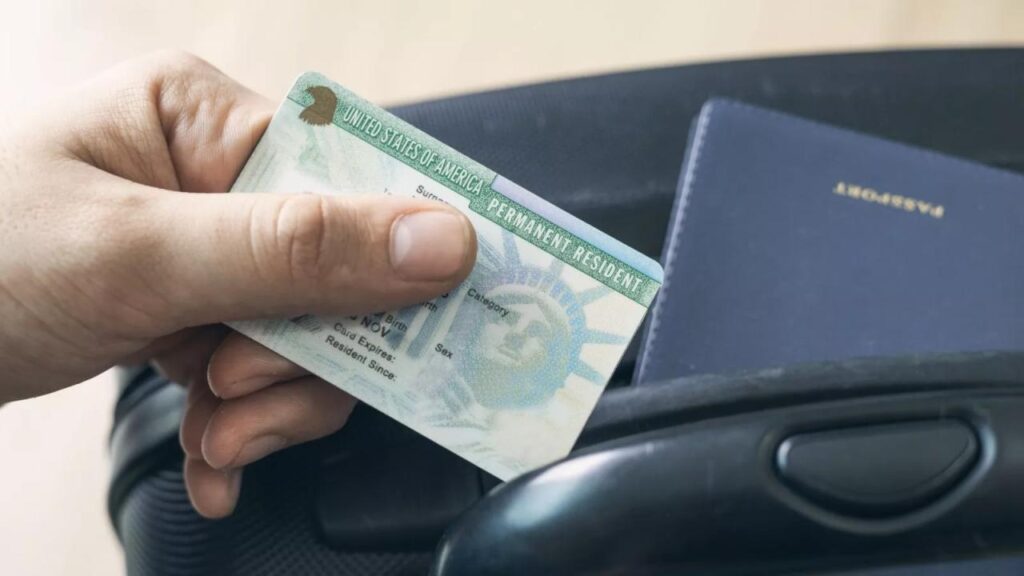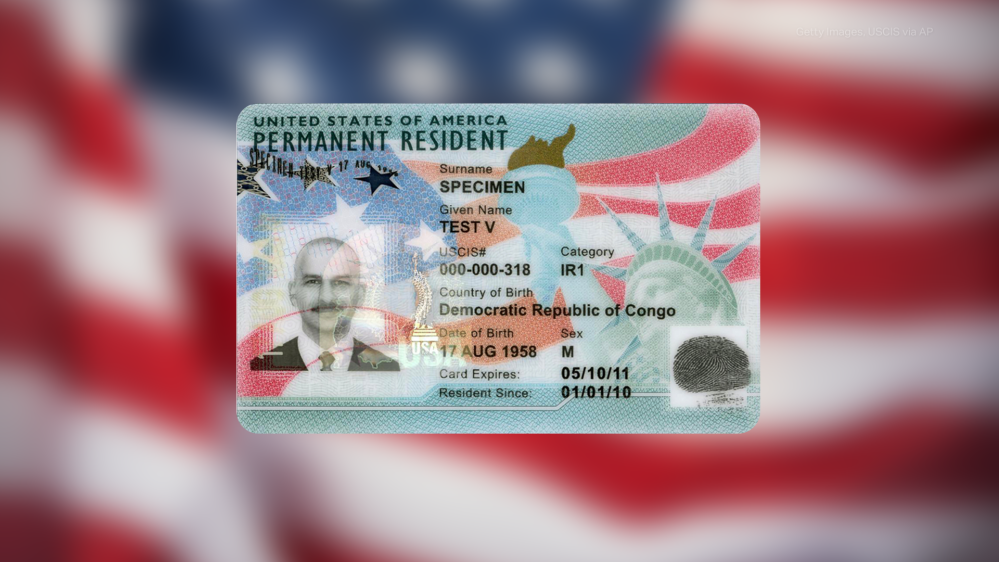Getting a green card in the U.S. just got a lot harder. In a flurry of immigration moves, former President Donald Trump has introduced sweeping changes that tighten access to lawful permanent residence—including a proposed $5 million “gold card” for wealthy investors and stricter rules for family and humanitarian applicants.

Green Cards Now Harder Than Ever to Get
| Change | Details |
|---|---|
| Medical exam redo required | Applicants must resubmit Form I-693 if their green card case is denied or withdrawn. |
| Refugee/asylum-based cards paused | USCIS halts processing as part of “internal review” begun in March 2025. |
| $5 million ‘gold card’ | Investors offered direct path to green card, bypassing traditional wait. |
Trump’s latest immigration strategy makes one thing clear: the path to a green card is narrowing for many and opening—at a steep price—for the few. From repeat medical exams to frozen asylum processing and investor buy-ins, these changes reshape who gets to stay in America and how. As the dust settles, the legal and political battles are only beginning.
New Barriers for Most Immigrants
Trump’s moves signal a shift away from long-standing green card norms. Starting June 11, any immigrant whose application (Form I-485) is withdrawn or denied must undergo a new medical exam to resubmit, according to U.S. Citizenship and Immigration Services (USCIS). This adds fresh costs and wait times for applicants already navigating complex paperwork.
For refugees and asylees, the hurdles are even higher. Internal records obtained via FOIA suggest USCIS stopped processing their green card applications back in March, citing an “enhanced vetting” initiative.
As someone who’s followed these cases for years, I’ve seen how delays and sudden pauses can destabilize entire families. For vulnerable groups, limbo is more than bureaucratic—it’s deeply personal.
Fast-Tracked Deportations and Investor Pathway
Beyond green cards, Trump’s executive orders have expanded “expedited removal” powers, allowing the federal government to deport certain undocumented immigrants without court hearings. Even lawful permanent residents have reported being questioned or detained at U.S. airports under the new protocols.
One bright spot—for the wealthy, at least—is Trump’s “gold card” proposal: a $5 million payment for fast-track permanent residency. The plan, which drew 25,000 interest signups within 15 hours, mimics the EB-5 visa but skips the job creation requirement and instead offers near-direct access to a green card.
Immigration law experts caution that such a proposal, while lucrative, could clash with existing statutes and would likely need congressional signoff before becoming law.
A “Pay-to-Stay” System?
Critics say the new policies could cement a two-tier immigration system: red tape and rejection for families and refugees, and streamlined access for elites. The American Immigration Lawyers Association has raised concerns about the legality of the gold card plan and the fairness of policy shifts that appear to favor wealth over need.

Supporters argue the moves will deter abuse, strengthen national security, and generate economic benefit—particularly from foreign investors eager to stake their claim in the U.S. market.
Still, the rollout has been swift and jarring. From medical form renewals to paused processing, many applicants are now left in limbo or scrambling for alternatives.
What This Means for Applicants
If you’re applying for a green card:
- Re-check timelines: If you filed on or after June 11, you may need a new medical exam if your case stalls.
- Legal help is a must: With asylum-based paths paused, legal advisors can offer up-to-date guidance on alternatives.
- Monitor travel closely: Even green card holders have been detained at re-entry under expanded enforcement rules.
- Investor? Stay tuned: The gold card plan is in motion, but still lacks full legal approval.






